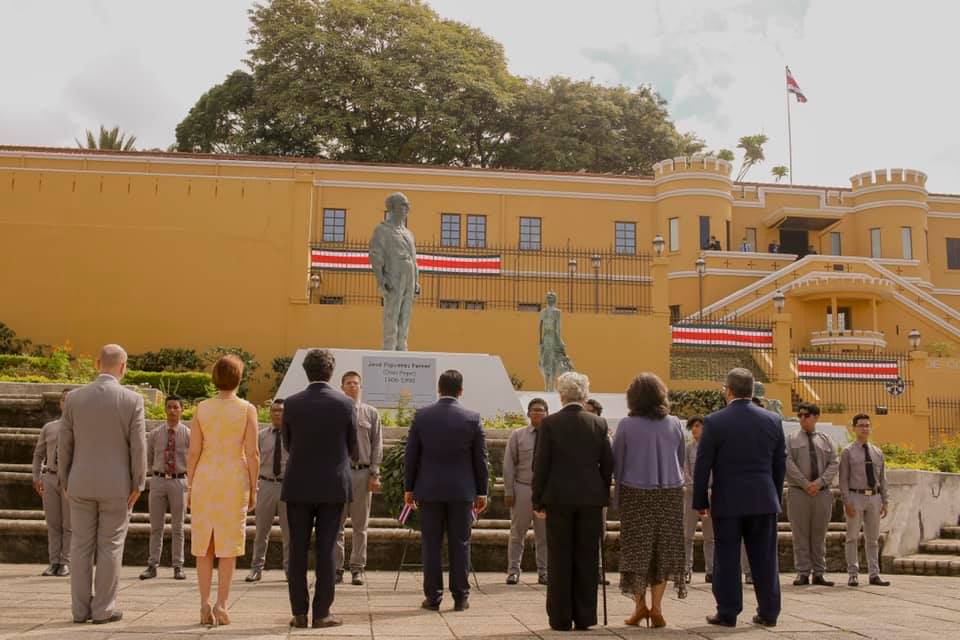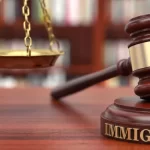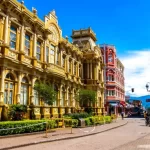Future expat retirees should be aware of Costa Rica’s 70 years of peace
On December first Costa Rica celebrated the 70th anniversary of the abolition of its armed forces. Costa Rica is one of the few countries in the world that doesn’t have an army. This is quite an accomplishment when one looks at what is happening in the rest of the world. Because Costa Rica does not have a military or meddle in other country’s affairs, it has no enemies nor does a threat of terrorism exist. This makes it a safe place for expat retirees and other foreigners to reside.
Let’s look at this history of this unique historical feat. On December 1, 1948, president José Figures Ferrer abolished the country’s military after the victory in the civil war that year. In 1949, the abolition of the military was introduced in Article 12 of the Costa Rica Constitution.
In 1986, President Oscar Arias Sánchez declared December 1 as the Día de la Abolición del Ejército (Military Abolition Day) with Law number 8115. Unlike its Central American neighbors, Costa Rica has not endured a civil war since 1948.
Currently the country does not have a standing army but maintains a national police force that enforces the law. Remember there is no country in the world that is crime-free.
Costa Rica has benefitted greatly by abolishing its army. The budget previously dedicated to the military is now used for education, healthcare and culture.The preservation of Costa Rica’s amazing natural landscape, through national parks and biological reserves, is another benefit of not having to support a military.
So who protects Costa Rica if it has no army?
The country maintains alliances with other countries, such as the United States, that will assist in case Costa Rica is attacked by another nation or in the event of a war within the country, which is highly unlikely.
On my monthly relocation/retirement tours I always make it a point to talk about Costa Rica’s peaceful tradition.

So, Who Protects Costa Rica?
Costa Rica maintains its military-free status and does not command any military units or house any war weapons. However, the country does maintain alliances with other countries, such as the United States, that will assist in the event of war within Costa Rica.
Costa Rica does employ some special forces that help enforce law, patrol borders and decrease drug-trafficking. Most of these forces operate under the Public Force, established by the Ministry of Public Security in 1996. This new unit combined all other entities that existed, and brought them under one command.
The Civilian Guard is in place to help ensure general public order and safety, so visitors of Costa Rica do not need to feel any heightened danger while visiting the country. Travelers should always be extra safe and alert while visiting a foreign county, but Costa Rica is a non-violent place with local officers that keep that peace by enforcing law and order.
“My heart fills with pride as I celebrate today, December 1, the 70th anniversary of the abolition of the army,” Alvarado added in a Facebook post. “Our grandparents were the first generation in the world to know what it was like to live in a country without an army.
“We carry a responsibility that calls us to build a better Costa Rica, for that fourth generation, for our daughters and sons — the great grandchildren of the abolition.”



